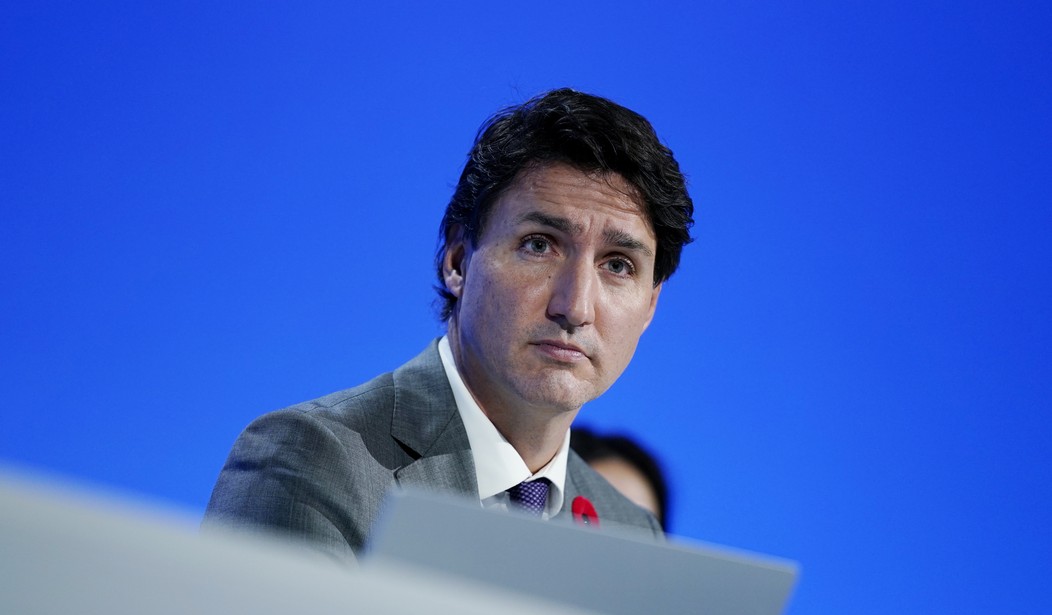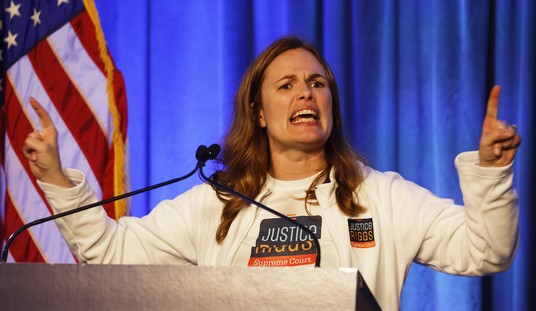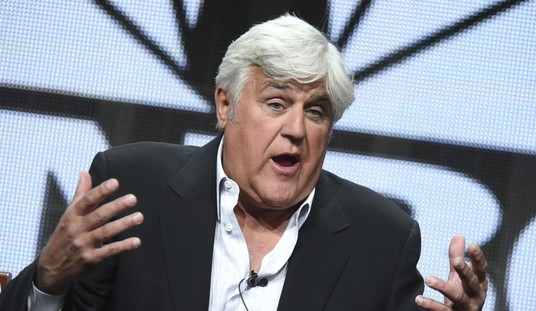Has anyone checked on the Great White North lately?
It appears the Trudeau government has ramped up its extreme “green” efforts and is ignoring the cries of protest and suffering left in their wake.
COP 28, the United Nations’ latest climate conference, just ended, and despite Trudeau not attending the event, he and his lackeys drafted up a plan that would require their oil and gas industry to rapidly reduce carbon dioxide emissions to 35 to 38 percent below 2019 levels.
The Canadian government uses the word “pollution” over and over, no doubt to paint a picture in the uninformed public’s mind that they are merely regulating toxic chemicals and other similar emissions, when in reality, it is carbon dioxide they are targeting.
Alberta government officials have pushed back, explaining that this will be essentially a production cap that will decimate the local economy, especially since the Canadian oil patch has already significantly reduced emissions and they have been engaging in carbon pricing schemes and other similar policies to fund green energy projects and make up for what carbon dioxide is emitted.
Canada is one of the lowest greenhouse gas emitters among industrialized nations, and yet their government seems insistent that they show off to their international friends by cutting their energy industry down (sometimes followed by a meek backpedal to avoid distressing voters too much).
The Canadian Association of Energy Contractors told Bloomberg that these regulations were going to make it more difficult for companies to attract investment capital, just like what has been happening in the United States amid the Biden administration’s regulatory onslaught. It’s obvious that government hostility towards an industry would make investing capital in it less appealing. In the case of the United States, we have a president who has repeatedly pledged to end hydraulic fracturing, end drilling on federal lands, end offshore drilling, and more, so that investing in those kinds of projects would appear to be a serious risk. In Canada, it is no different. Why invest in an industry that is being “phased out” by the government? This will result in lower production and higher prices that Canadians can hardly afford.
But Trudeau’s attack on the oil industry in Canada is not enough for the bloodthirsty greens; the Canadian Greenhouse Gas Pollution Pricing Act also targets farmers, specifically those who need to use natural gas and propane to heat barns and greenhouses. If you didn’t realize, the Great White North is cold, awfully cold in the winter, and fruits and vegetables are not easily grown outdoors during the winter season. Canadian farmers have already seen their income fall 8.3 percent in 2022, while the costs of running a farm increased 21.2 percent.
If that’s not bad enough, Trudeau bizarrely called for a tax on grocery stores as food prices began to skyrocket. Grocery stores operate at very slim margins of 1 to 3 percent, depending on volume more than anything else. The only thing a tax would do is raise food costs, or pressure farmers and other suppliers to lower their prices even as the cost of operating (not to mention transportation) rises.
Outrage already caused the Canadian government to temporarily pause their tax on home heating oil, yet another burden on average Canadians, who are struggling just to pay bills.
Canada has a very high cost of living. In fact, it has become so extreme that Reuters reports recent immigrants are leaving the country and moving elsewhere to survive. Natural-born Canadian citizens, of course, can’t jump ship so easily.
All of these factors leave me with one burning question: Are Trudeau and his government incompetent, incomprehensibly stupid, or bluntly and callously evil?
Regardless of which is the case, things are not looking good for our neighbors up north. This hyper-focus on global warming has gone way too far, and it’s actively hurting people. It’s long past time for this madness to stop.
Linnea Lueken ([email protected]) is a research fellow with the Arthur B. Robinson Center on Climate and Environmental Policy at The Heartland Institute. Twitter: @LinneaLueken













Join the conversation as a VIP Member